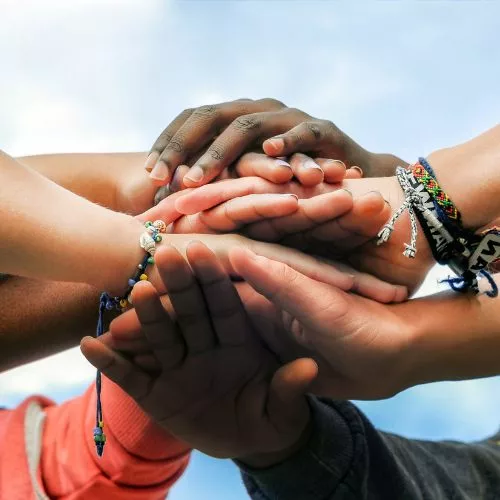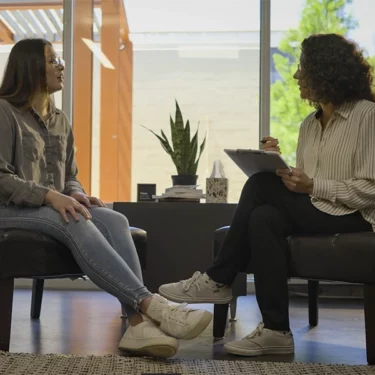Eliminating disparities and promoting health equity is central to increasing access to care for all. To help achieve this, we partnered with Morehouse School of Medicine’s African American Behavioral Health Center of Excellence (AABH-CoE), an initiative funded by the Substance Abuse and Mental Health Services Administration (SAMHSA) that’s helping the field transform behavioral health services for Black and African Americans (B/AA). The National Council’s Terence Fitzgerald, PhD, EdM, MSW, a member of the support team, told us more about the partnership.
What inspired this important collaboration?
Our partnership with the AABH-CoE is rooted in social justice concerns for Black people related to the needed improvement of mental health and substance use treatment services. The AABH-CoE is tasked with providing training and technical assistance to organizations and practitioners to address the needs of the B/AA community. We hope to not only challenge how mental health and substance use treatment efforts work toward meeting the needs of this community, but to provide a critical lens for those working in this domain.
What are some recent outcomes of this partnership?
We have explored, analyzed and highlighted the importance of increasing recruitment and retention of Black men and supporting Black women in executive leadership positions in the behavioral health field. We have also collaborated in publishing reports and resource guides, focusing on behavioral health disparities that are affecting the B/AA community. And our national work has allowed us to highlight mental health and substance use treatment and care experiences in this community, raise awareness and understanding among providers, and advocate for policies and practices that promote equity.
What kind of deliverables have you created together?
To date, we have developed Suicide in U.S. Black and African American Communities, a public education fact sheet in collaboration with our Mental Health First Aid team, and View from the Field: Recruitment and Retention of African American Males in the Mental Health and Substance Use Workforce, a report that summarizes feedback from focus group interviews with B/AA male mental health professionals, highlighting their recommendations and solutions for workforce challenges. We also hosted a companion webinar on this topic and another that addresses health disparities in rural areas.
What exciting things are you currently working on?
We are in the process of producing a report about Black women in C-suite positions, which will be available this spring. We are also preparing for NatCon24, the National Council’s annual conference occurring in St. Louis from April 15-17, where we’re leading two sessions that speak to the work we’re doing with the AABH-CoE: Black Women in Charge: Fostering Greater Racial and Gender Equity in Behavioral Health C-Suite Positions and “Brother, I Need I Help”: Addressing Black and African American Male Suicide. We’re excited to bring attention to these topics on a national scale.




